By Alieu Ceesay, Sports Journalist
It is enough! The Gambia Football Federation (GFF) must stop with immediate effect using funds from the world football governing body to finance the national football teams. The funds from FIFA are not meant to be spent on national teams’ participation in qualifiers and test games.
It is meant to help develop the game from the grassroots and to be use on the upkeep of the daily running of the federation. It is the responsibility of all governments through their Sports Ministries to finance national teams of all sports.
However, this is not the case in the tiny West African Nation, The Gambia. The Gambia Football Federation Must ceased competing in all football competitions until the government through Ministry is ready and committed to fully or partly finance the national teams.
Just like previous engagements of the teams, a credible source reveals that last Friday international friendly between the Scorpions and Central Africa Republic was fully funded by the federation, which is not appropriate.
The federation is also financing the National Women Team’s qualifier game away to Burkina Faso next month in Ouagadougou.
The fact remains that, in as much as the Ministry is concern about what transpires at the Football House in Kanifing regarding funds from FIFA, it should be seen contributing its quota to the national teams as it is the case in other countries.
It is often said, every right comes with a responsibility and therefore, the ministry’s rights to scrutinize the Football Federation should be accompanied with the Ministry fulfilling its expected responsibilities, not only to football but all sporting disciplines.
One would argue that the budget allocated to the Ministry of Youth and Sports (estimated D68M) might not be enough to finance all the football activities in a year, but the ministry should be seen participating anytime the national teams play.
Critics continue to complain that the game is not developing but how does one expects it to be developed if the funds coming from FIFA for that purpose is used on the national teams just to have Gambia play international football.
Football remained the most followed and watched sport in the country, but the results are far from the way fans want it. The desire to promote and develop the game and other sports is said to be among Minister Henry Gomez’s top agendas, but not much has changed in our sports yet. Since neither the Ministry nor the GFF can do it all alone, there is the need for the parties to partner in financing the teams.
The private sector should also be seen supporting anytime the national teams play, but is rather unfortunate, most of the private sector prefers supporting political activities for recognition from political leaders.
Football and wrestling are arguably the two most popular sports in the country and perfect sports to have one’s product and service marketed well.
It is evident that the relationship between the Ministry and the GFF is not a good one. The two must be engaged in a dialogue to sort out their difference for the development of the game.
Minister Henry Gomez vowed to develop Gambian sports from 0% to 100% when he took his oath, but that is yet to be seen. This intention of the minister requires a lot of money and support from every Gambian to realize it.
The government must, therefore, consider allocating good budget to the Youth and Sports Ministry.
The entire budget of the Ministry of Youth and Sports is not even enough to finance the sports activities, much more the youth activities.
Football and sports in general is no more a leisure but a business, therefore, the one that invest most, is more guarantee of success than the one who does not invest.
President Adama Barrow and Government should critically look into the current poor state of the country’s sports facilities. The government should start investing in facilities to develop the game.
The Gambia can boast of only one Stadium, which has not undergone major refurbishment since construction in 1984. The Gambia deserves better sports facilities, not only within the Greater Banjul Area, but across all regions.
In achieving this, sports administrators must be open and engage the government through the ministry of sports. On the hand, the ministry must be willing to listen to the concerns of the administrators and stakeholders.
The ministry must begin to prioritize issues. The Gambia has lot of talents, but greed, camps and infighting for positions is killing the sports in the country.
Unless and until the stakeholders, administrators and ministry see Gambian first before individual and camp interest, Gambian sports will continue deteriorate.

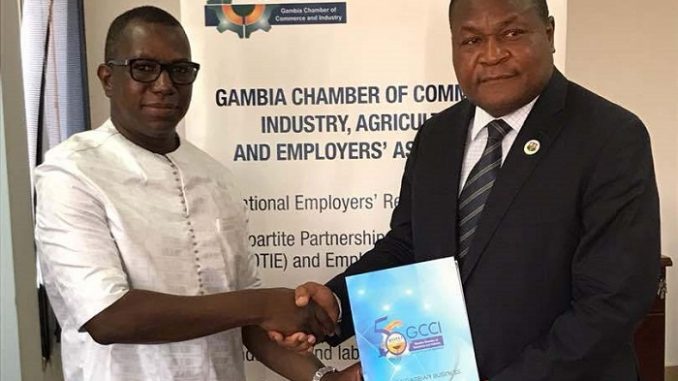
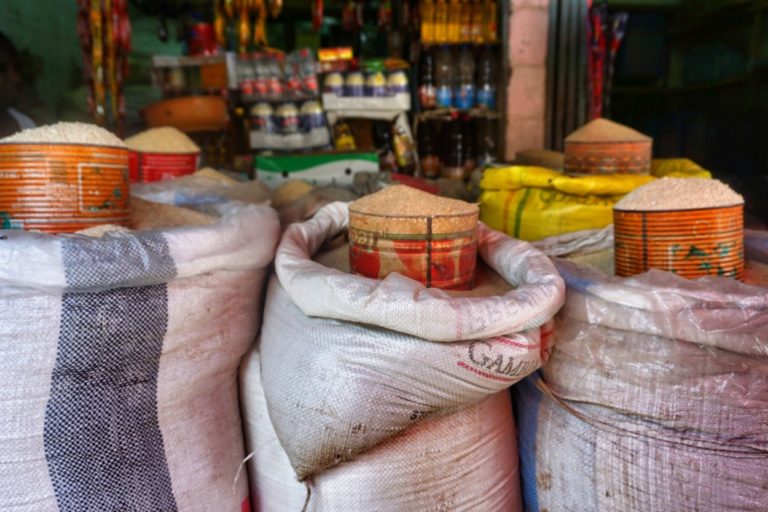

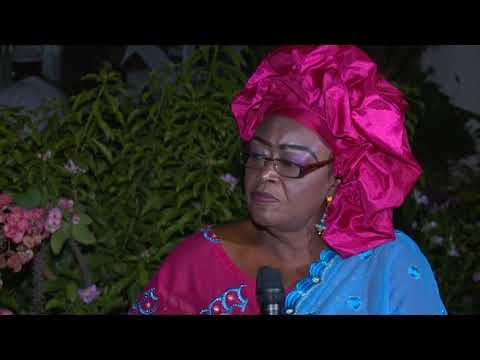
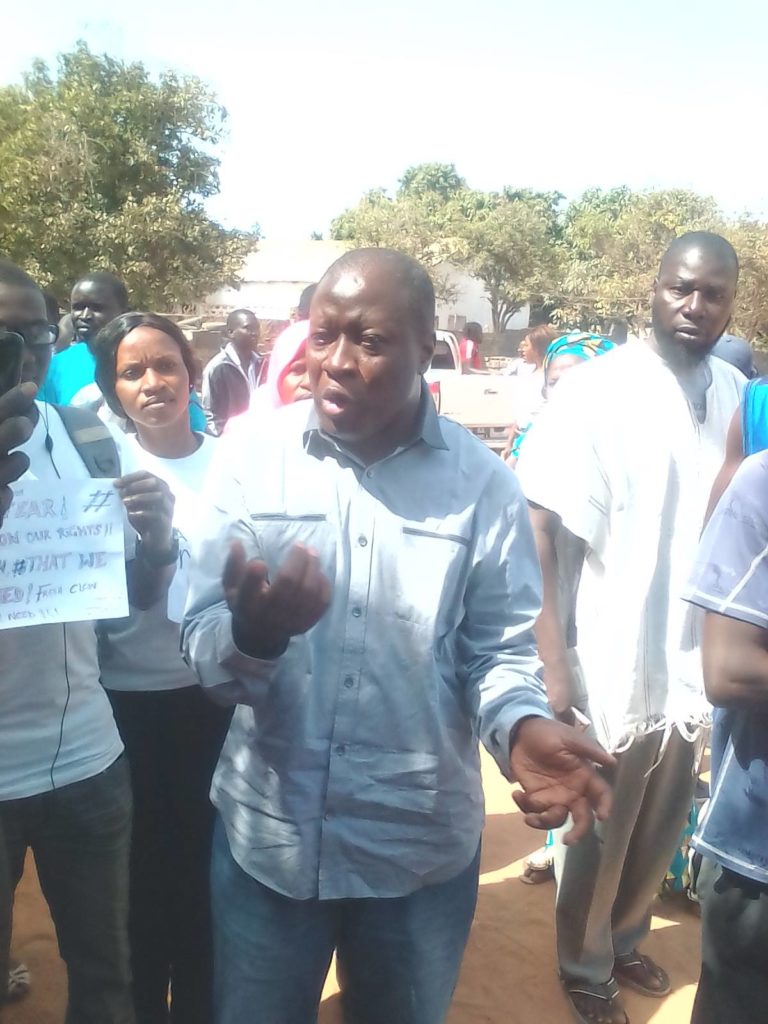
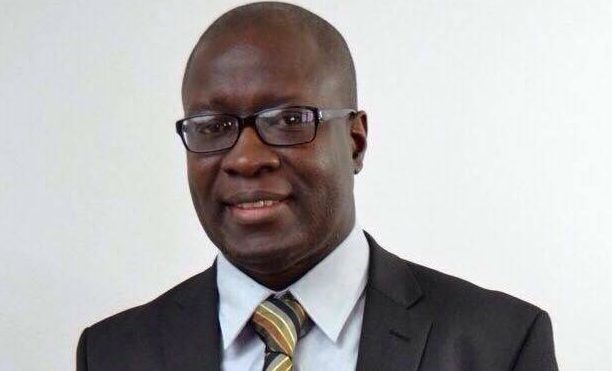
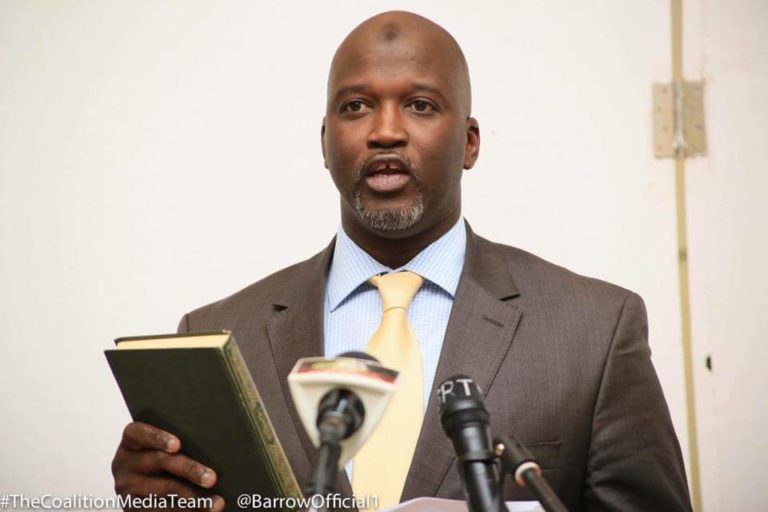



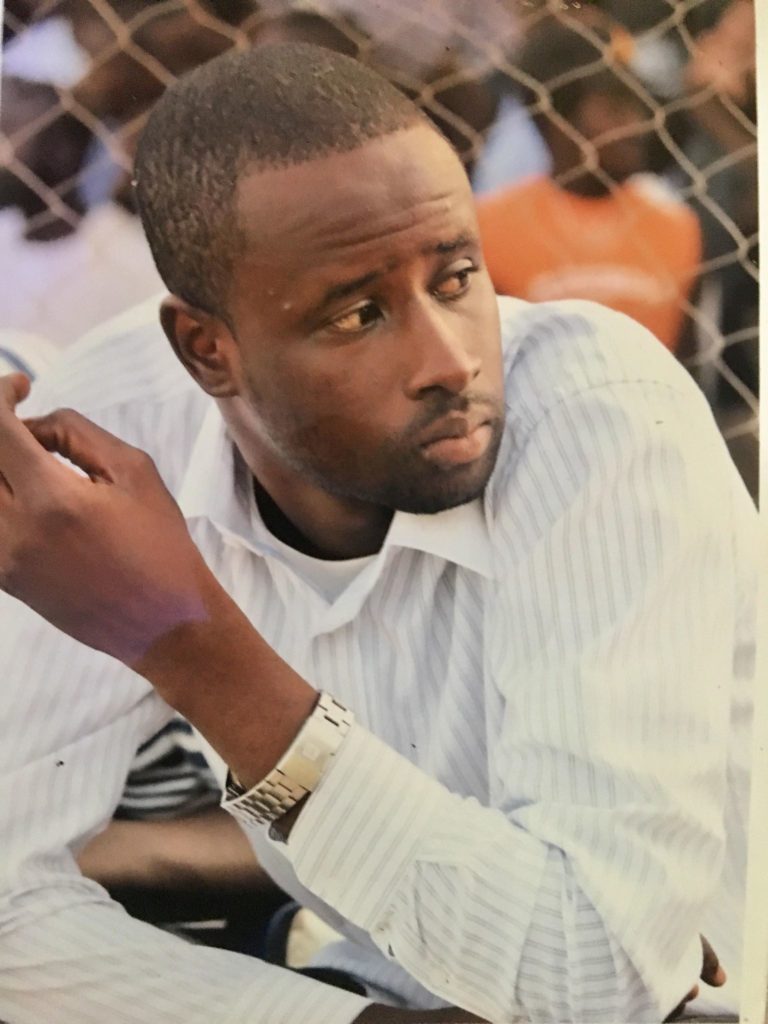


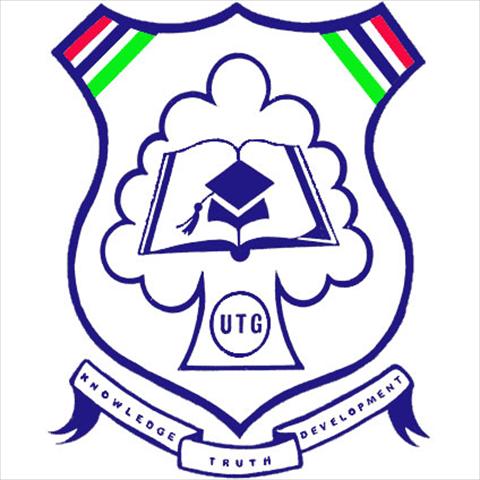



DETROIT WOMAN GIVES BIRTH TO HER 14TH CHILD FROM 14 DIFFERENT FATHERS
By World News Daily Report
A 36-year-old woman from Michigan has made a crashing entrance into the Guinness Book of World Records yesterday at the Harper University Hospital by giving birth to her 14th child all born from different fathers.
According to the internationally recognized authority on the cataloging and verification of world records, Anita Sullivan has just become the first woman in recorded history to conceive children with more than thirteen different men.
Anita Sullivan says she’s been unlucky with relationships in the past, but she believes that this time she may have found the man of her life.
Ms. Sullivan’s thirteen other children were all present at the hospital to meet their new sibling. They were all extremely proud to hear that their mother had broken a Guinness World Record, and posed happily for the 2017 edition of the book.
After their meeting with Ms. Sullivan, the representatives of Guinness opened a second investigation concerning the record for the number of child support pensions received by one person.
The Detroit native is already the beneficiary of pensions paid by 11 different men and is implicated in two other custody cases which should proceed before the family court over the next two months.
The investigation should be over by the month of March 2016 and Guinness will then be able to tell if Ms. Sullivan holds a second World Record or not.